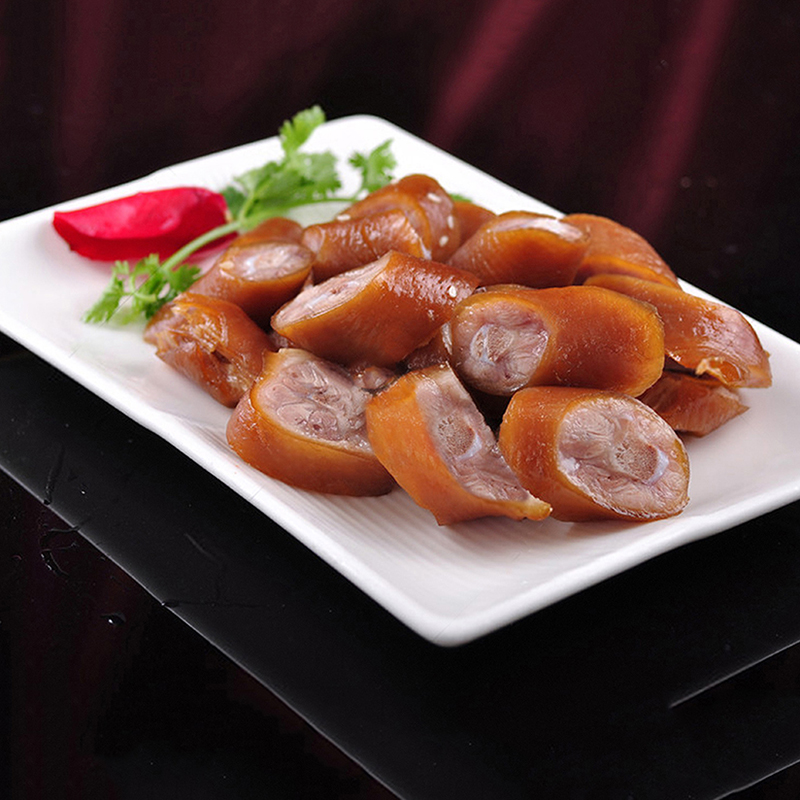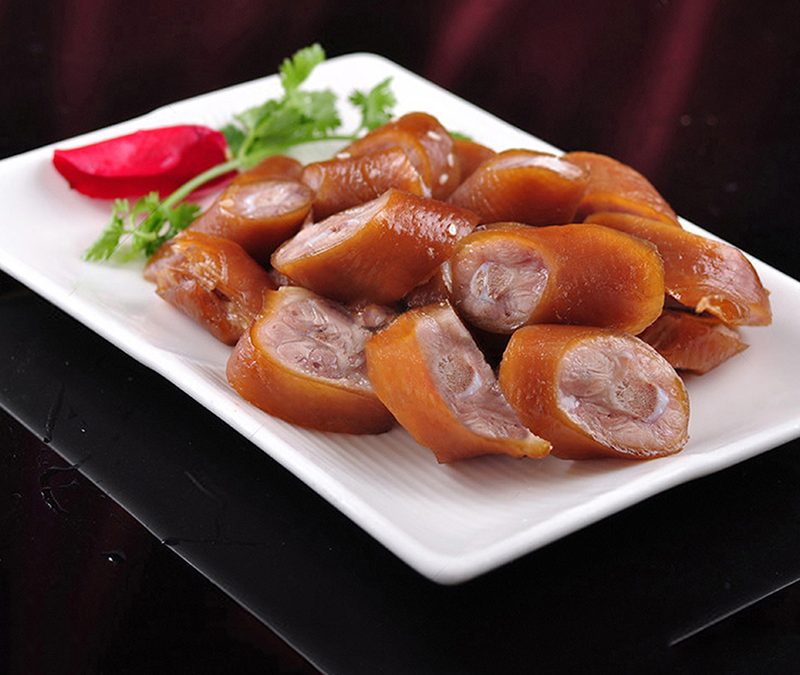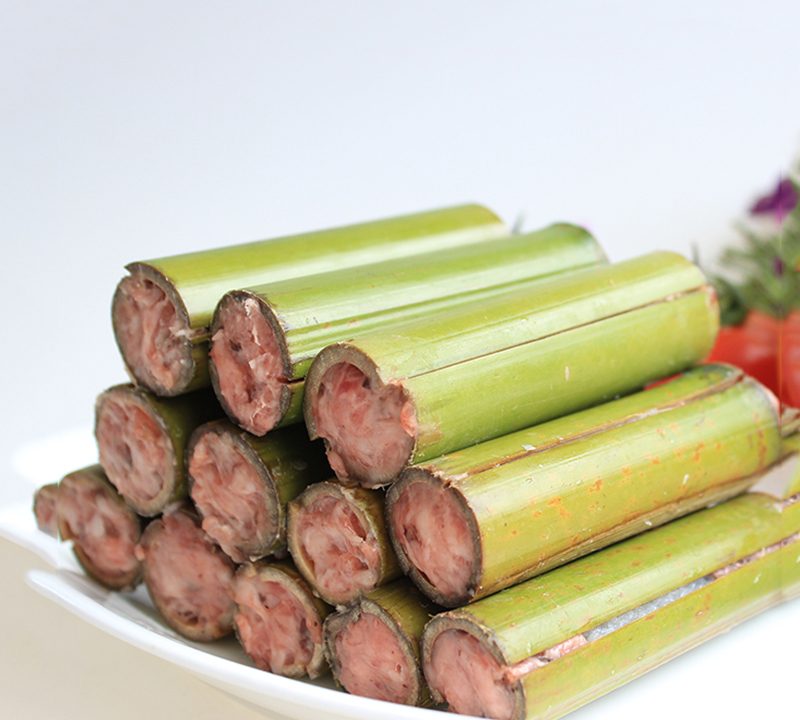Upon China power up and up day by day,the China meals to be more and more popular in worldwide market,and now importing Chinese Prepare Meals already be a good business to earn big money….so how to prepare papers when you need to import frozen meats from China to Singapore?
When importing frozen meats from China to Singapore, you will need to prepare and submit several documents to comply with the regulations of both countries. The specific requirements can change, so it’s always a good idea to check the latest guidelines from the relevant authorities. Here is a general list of the types of documents that are typically required:
- Import License/Permit: You may need an import license or permit issued by the Singapore Food Agency (SFA) for meat products.
- Health Certificate: A health certificate issued by the Chinese competent authority (e.g., the General Administration of Customs of China) confirming that the meat products meet the sanitary and phytosanitary (SPS) requirements and are fit for human consumption.
- Export Declaration: An export declaration form filled out and submitted to the Chinese customs.
- Commercial Invoice: A detailed commercial invoice that includes information such as the product description, quantity, value, and terms of sale.
- Packing List: A packing list that provides details about the packaging and contents of the shipment.
- Bill of Lading or Airway Bill: A document issued by the carrier (shipping company or airline) that serves as evidence of the contract of carriage and receipt of the goods.
- Certificate of Origin (COO): A document that certifies the country of origin of the goods, which might be necessary for customs clearance and tariff purposes.
- Product Specifications and Labels: Information on the product specifications, including ingredients, storage instructions, and labeling, must comply with Singapore’s food safety standards.
- Sanitary and Phytosanitary (SPS) Measures: Compliance with SPS measures as agreed upon between the exporting and importing countries, which may include testing reports for certain pathogens or contaminants.
- Pre-shipment Inspection (if required): Some shipments may require pre-shipment inspection, especially if there are concerns over quality, quantity, price, or other aspects of the transaction.
- Customs Declaration: A customs declaration form that needs to be completed and submitted to the Singapore Customs.
- Insurance Documents (if applicable): Insurance documents covering the shipment during transit.
- Other Specific Permits/Certificates: Depending on the type of meat, additional permits or certificates may be required, such as those related to animal welfare, halal certification, or organic status.
It’s important to work closely with your logistics provider and consult with the Singapore Food Agency (SFA) and the relevant Chinese authorities to ensure all documentation is in order and complies with current regulations. Additionally, consider hiring a customs broker who is familiar with the import/export processes between China and Singapore to help navigate the regulatory requirements.




